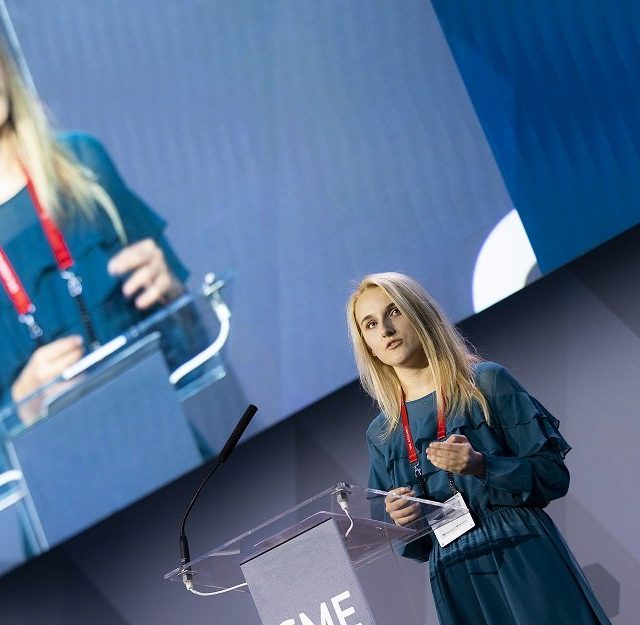The European Commission has published a communication on building a strong social Europe for just transitions.
The Commission also launched a social partner consultation on fair minimum wages.
European business supports the objective of a social market economy that works for people. The way forward is to improve the performance of labour markets and social systems in all Member States, giving the necessary space for social dialogue solutions at EU and national levels.
Reaction came from BusinessEurope Director General Markus J. Beyrer.
He said: “The Commission’s communication rightly highlights the need for fairness to be combined with productivity gains and macro-economic stability. Europe will only deliver for people, if companies have the conditions to create good jobs and compete globally.”
“The trick will be to take the right measures at the right level, bearing in mind that the EU and EU Member States have clearly defined roles when it comes to social policy. Wage-setting, for example, is a national competence.”
“If we want to deliver more good jobs for citizens, we need to make the necessary reforms also at national level. And the European Semester process is a key tool to coordinate these reforms and make sure Member States deliver on their promises. This is equally the best tool to implement the European Pillar of Social Rights.”
Commenting on the consultation on minimum wage, Beyrer said: “The vast majority of Member States already have a minimum wage, but they operate quite differently. Wage-setting is best taken care of by Social Partners at the national level. BusinessEurope is strongly opposed to EU legislation on minimum wages.”
“It’s also important to remember that wages are not the right tool to redistribute wealth – we have other tools for that, like taxation and social safety nets. And if wages are to preserve employment and competitiveness, they need to be in line with productivity.”




